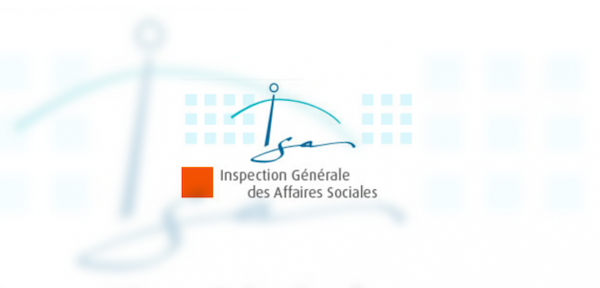The report that the General Inspectorate of Social Affairs (IGAS) has just devoted to the digital transformation of continuing vocational training, comes at the right time. A reform of vocational training is, in fact, announced by the government in 2018.
According to the IGAS, the digitalization of training "is likely to profoundly renew pedagogies and training paths".
According to iGAS, digital training offers "essential advantages for the accessibility, fluidity and personalization of training courses : by facilitating entry into training, by adapting courses to the prior positioning and pace of individuals, in a logic of increased modularization, by minimizing geographical and temporal constraints, and finally, in the medium term, by allowing us to expect lower prices.
From online courses (MOOCs) to microlearning based on quick online tests,serious games, or more commonlyblended learning, alternating face-to-face and digital methods, the range of digital training potential is constantly being renewed.
The digital transformation of vocational training is in the middle of the road
The IGAS has undertaken "to measure the impact of the development of digital technologies and their uses on teaching methods and on vocational training courses, on the one hand, and on the economic sector of training organizations, on the other hand" . The results show that:- More than 50% of private training organizations did not provide any digital training in 2016.
- Only 4% of them derived more than 50% of their revenue from this source.
- Large companies are the main beneficiaries, some of which have adopted proactive policies to use increasingly digitalized training.
- SMEs, which could benefit from the flexibility offered by digital training, still do not make much use of it, except in the "core" sectors of the digital economy (IT, telecoms, etc.).
The transformation of the training system will result from "the irruption of new entrants seizing the opportunity of digitalization to "disrupt" the market: start-ups that are increasingly present in this field of continuing education, but also professionals in publishing or human resources, and increasingly offensive university continuing education departments.
The digitization of the vocational training system does, however, call for some vigilance
It should not, as the IGAS emphasizes, "contribute to increasing inequalities in access to training, but on the contrary should be used to reduce them. This requires ensuring the production of an offer aimed at priority groups, such as job seekers and employees of small businesses; eliminating situations of illiteracy that prevent people from benefiting from the contribution of these digital approaches; and finally, promoting the widespread dissemination of "basic" and intermediate digital skills among the population, in the service of a higher degree of social inclusion and competitiveness of the country.In addition, "the flexibility allowed by the remote and asynchronous nature of this training is a source of new organizational freedom for the learner; the consequences of the porosity between work and training on the one hand, and between professional training and self-training on the other hand, must however be controlled. Particular attention should be paid to this in the context of joint negotiations on the right to disconnection.
Paths for a digital transition of the French vocational training system
In conclusion, the IGAS outlines a series of avenues to "support the digital transition of the French vocational training system".- Include a section on the digitization of training in the pedagogical and financial reports (BPF)
- Reinforce the invitation to simplify financial and attendance control procedures between OPCA(Organismes paritaires collecteurs agréés) and training organizations to facilitate the coverage of multimodal training
- Develop a training plan for the active population in digital skills, targeting the low-skilled as a priority. In this context:
- Supporting, through territorial digital development plans, the development of a professionalized and legible digital mediation offer
- Define a new cross-cutting skills block focused on digital skills of a higher level than the digital "base" already included in the CléA certificate(certificate of professional knowledge and skills)
- Integrate the issue of distance vocational training into the national and interprofessional consultation on telework and distance work (right to disconnect) provided for by the law of August 8, 2016, as well as into the annual company negotiation
- Initiate cohort studies in several regions, in partnership with Pôle emploi, to evaluate the comparative results of traditional training/multimodal training on target audiences (e.g. the public for qualification training)
- Set up a national bank of "open and free" educational and technical resources for vocational training for training organizations, in partnership with the regions
- Initiate for a few years an accelerated procedure for temporary access to the RNCP(Répertoire National des Certifications Professionnelles) for digital distance learning courses (for all professions, or targeted only at digital and emerging professions)
- Launch a reflection on the possible uses of Datadock for the general public , in the medium term, and possible interconnections with other public databases for this purpose
- In the next stages of development, interconnect the CPA(personal activity account) service offer with the CEP(career development counseling) tools and service offers, for example by providing online CEP assistance.
Référence :





